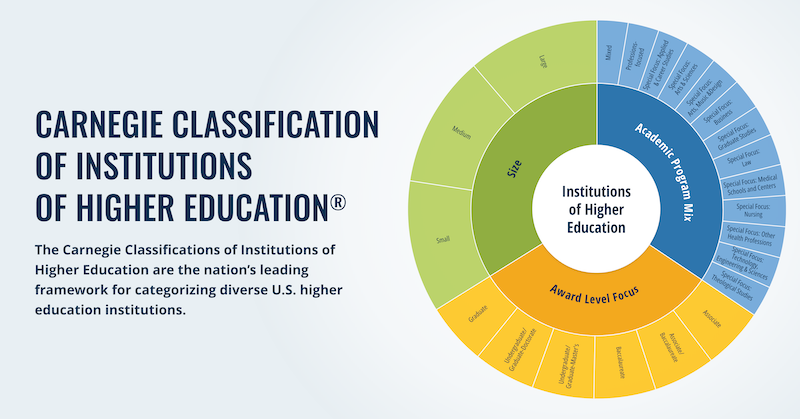Accelerating How We Learn to Improve

With each passing year, our aspirations for our education system grow, but our ability to make lasting changes in schools remains frustratingly stuck, especially for those schools in most need of reform. With dispiriting regularity, a promising new reform idea emerges and is publicized as a panacea only to be haphazardly implemented with very limited, if any, long-term impact.
Anthony S. Bryk, president of the Carnegie Foundation, has recently addressed two central features of schools as organizations that inadvertently stymie most attempts at school reform: systems complexity and variability in performance. Schools have become increasingly complex and demanding places for all stakeholders—students, teachers, parents, and administrators—and the complexity is often hard to see and even harder to untangle. Secondly, though most reform efforts accept a wide variability in performance, the variation itself is exactly what reformers should be studying. Why is something working well at one school but not working at others?
In his new article in Educational Researcher, based on a 2014 distinguished lecture at AERA, Bryk shows that improvement science, done through networked improvement communities, has proven to accelerate progress in achieving quality outcomes in schools by directly addressing systems complexity and variability in performance. Read about his vision for a new “improvement paradigm” that will help our schools get better at getting better.





